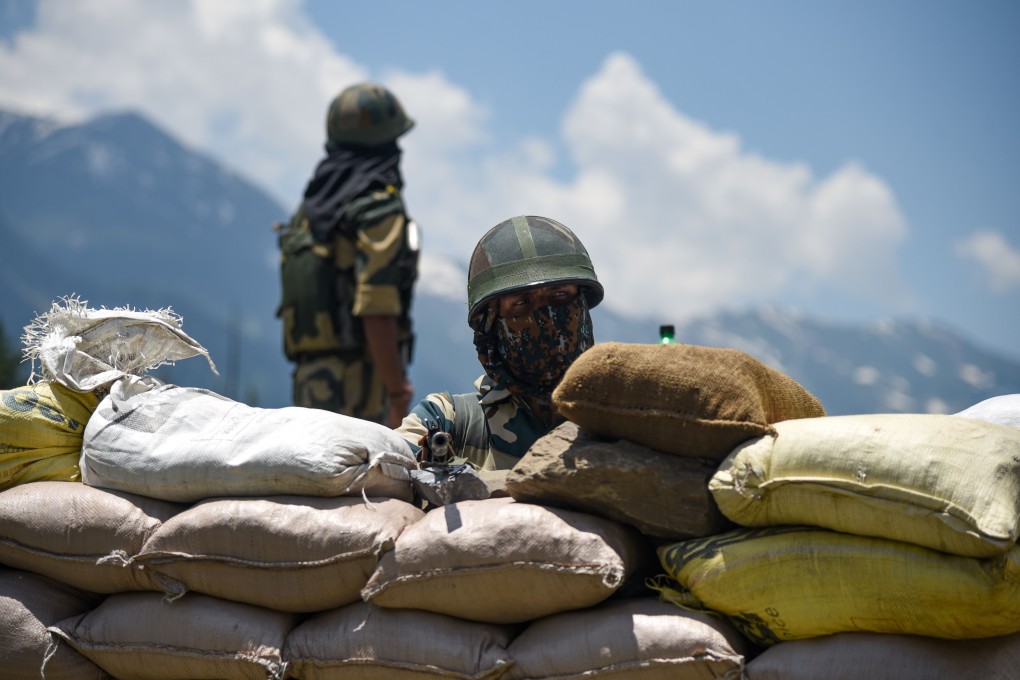Advertisement
China-India border clash pushes relations to new low, observers say
- Beijing and New Delhi have blamed each other for the fighting on Monday along the disputed Himalayan border that left at least 20 Indian soldiers dead
- Confrontation is the most serious between the two countries since they fought a month-long war in 1962
Reading Time:4 minutes
Why you can trust SCMP

Relations between China and India are expected to deteriorate with frequent border crises despite both sides claiming to seek de-escalation on recent clashes, former diplomats and academics said.
Beijing and New Delhi have blamed each other for the clash on Monday, which killed at least 20 Indian soldiers along the disputed Himalayan border running along the Ladakh area of Kashmir. A People’s Liberation Army (PLA) spokesman said the incident led to casualties on both sides but Beijing has been silent on the scale of its losses.
The incident, which began with clashes between soldiers at the Galwan River valley in early May, has pushed ties between the two Asian giants to a new low as this marks the first fatality since 1975, and the most serious clash since the war in 1962.
Advertisement
While Chinese Foreign Minister Wang Yi said he and his Indian counterpart Subrahmanyam Jaishankar were “committed to solving our differences through dialogue” after the first high-level exchange following the incident on Wednesday, much remains unresolved.

02:22
Public mourning begins for Indian soldiers killed in border clash with China
Public mourning begins for Indian soldiers killed in border clash with China
Despite both sides committing to disengage on the Himalayan terrain, India’s official statement on the call quoted Jaishankar warning of “serious repercussions” on India’s relationship with China.
Advertisement
Advertisement
Select Voice
Select Speed
1.00x